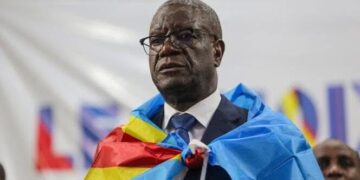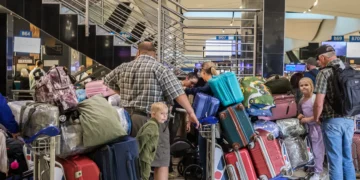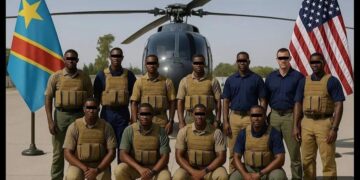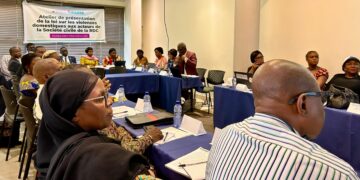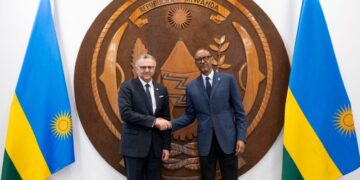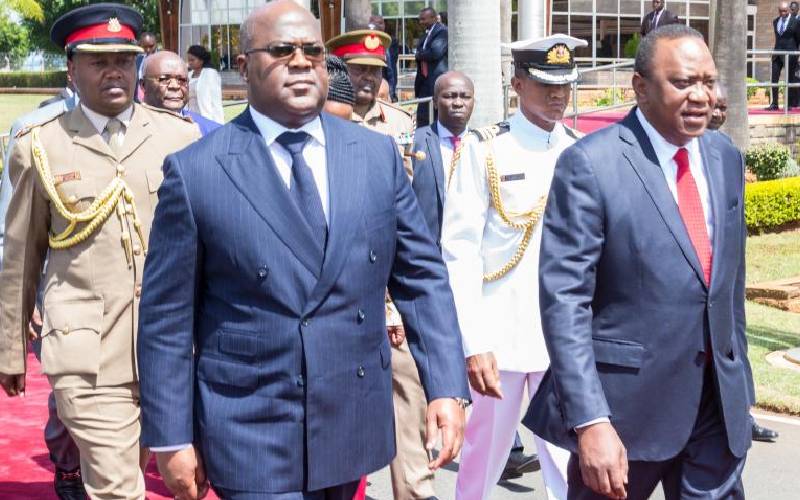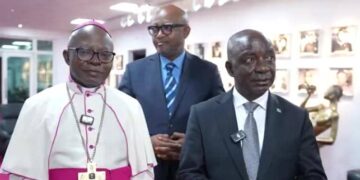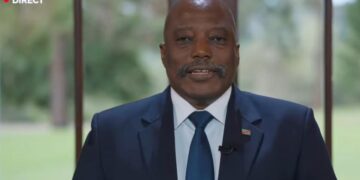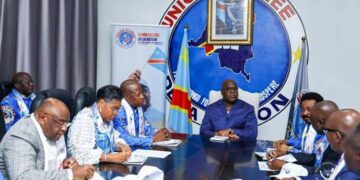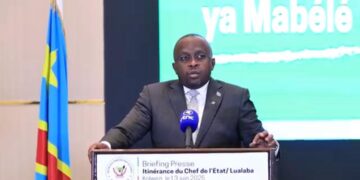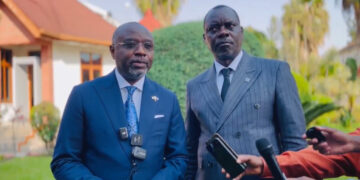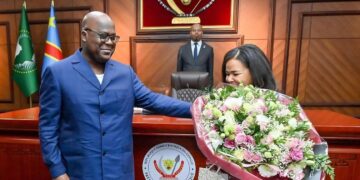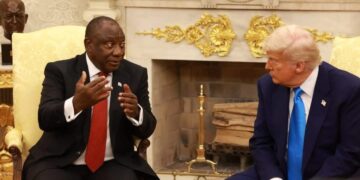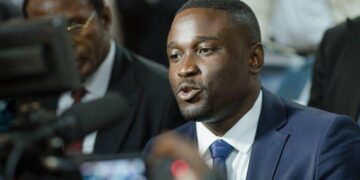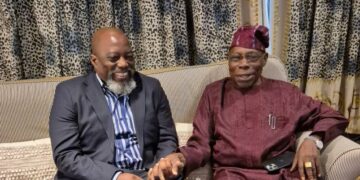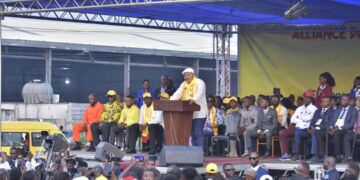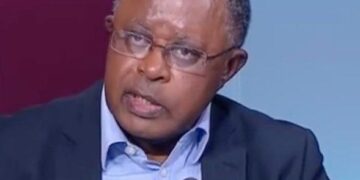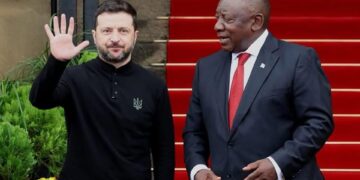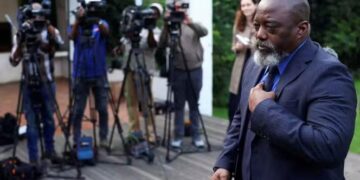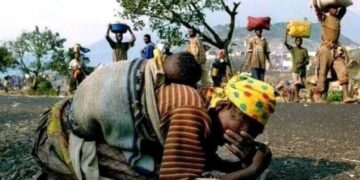“The same Ruto has repeatedly defended the M23-AFC and the Rwandan Defense Forces, despite UN reports linking them to war crimes, massacres, mass displacements, and the illegal exploitation of resources in Congo,” Rigathi stated during a televised broadcast in Nairobi.
The M23 (March 23 Movement) is a rebel military group that emerged in 2012, primarily composed of soldiers who defected from the Congolese army. The group claims to fight for the rights of Congolese Tutsis and other minority groups. However, it has been widely accused of committing severe human rights violations, including massacres, sexual violence, and the recruitment of child soldiers.
The conflict involving the M23 has had devastating impacts on the eastern regions of the DRC, leading to significant humanitarian crises. Thousands of civilians have been killed, and hundreds of thousands displaced from their homes, seeking refuge in overcrowded camps with limited access to basic necessities such as food, clean water, and healthcare.
International organizations have repeatedly condemned the actions of the M23 and their alleged ties to neighboring countries. The United Nations has published multiple reports documenting the group’s involvement in war crimes and the illegal exploitation of minerals. “The M23’s activities are not just a Congolese issue; they are a regional crisis with international implications,” stated a spokesperson for the UN Peacekeeping Mission in the DRC (MONUSCO).
Human Rights Watch has extensively documented human rights abuses committed by the M23. According to their reports, M23 fighters have executed civilians suspected of opposing their control, often in public settings to instill fear. “We have evidence of villages being systematically attacked, with men being shot on sight, women subjected to rape, and children forcibly recruited into their ranks,” said Ida Sawyer, Crisis and Conflict Director at Human Rights Watch.
Economic Impact on Kenya-DRC Trade Relations
The accusations against President Ruto could have significant economic implications, particularly affecting the robust trade relations between Kenya and the DRC. As key members of the East African Community (EAC), both countries have been working to enhance economic integration, with Kenya serving as an essential trade and logistics hub for Congolese imports and exports.
Kenya’s Mombasa Port is a critical gateway for the DRC’s international trade, facilitating the movement of goods such as machinery, pharmaceuticals, and food products. Any diplomatic strain resulting from these allegations could disrupt this trade flow. Potential retaliatory measures by the DRC government, such as imposing trade restrictions or shifting import routes to alternative ports in Tanzania or Angola, could negatively impact Kenya’s logistics sector and revenue from port operations.
Moreover, Kenyan businesses heavily invest in the DRC, particularly in banking, telecommunications, and retail. Companies like Equity Bank and Safaricom have established significant operations in Congolese markets. Heightened political tensions may lead to increased regulatory scrutiny or even targeted economic measures against Kenyan firms operating in the DRC, undermining investor confidence and potentially reducing foreign direct investment (FDI) in both countries.
The allegations also risk affecting regional infrastructure projects aimed at bolstering economic growth. Kenya and the DRC have been part of collaborative initiatives, including the Northern Corridor transport project and energy partnerships. Political instability could stall or derail these projects, delaying economic benefits for both nations.
Internationally, Kenya’s reputation as a stable investment destination could be compromised, particularly if these allegations lead to broader concerns about governance and political risk. Investors may adopt a cautious approach, affecting not only bilateral trade with the DRC but also Kenya’s broader economic prospects.
Gachagua’s accusations have thus sparked political and economic uncertainty, posing challenges to Kenya-DRC relations and raising questions about the future of regional economic cooperation in East and Central Africa.


